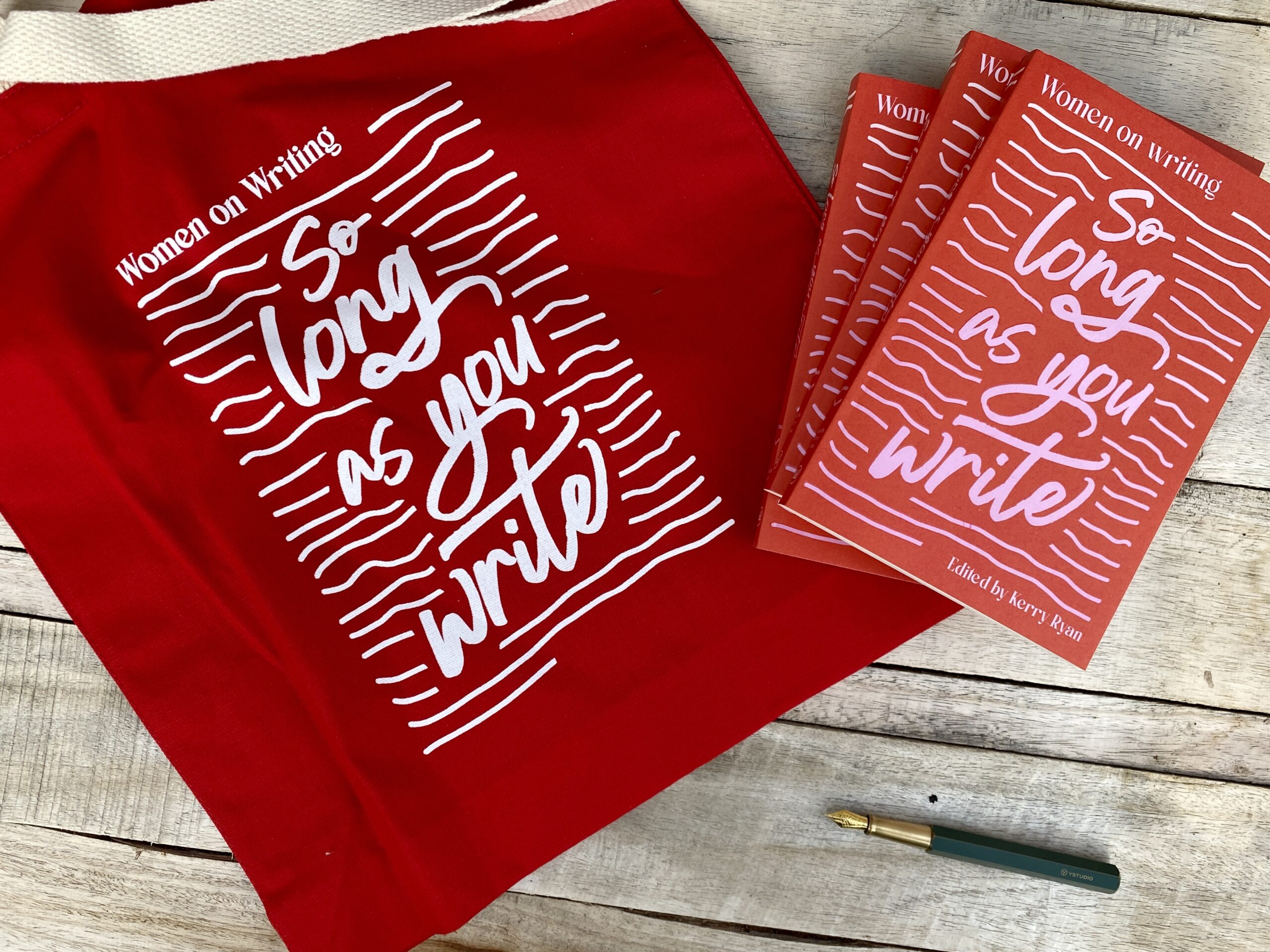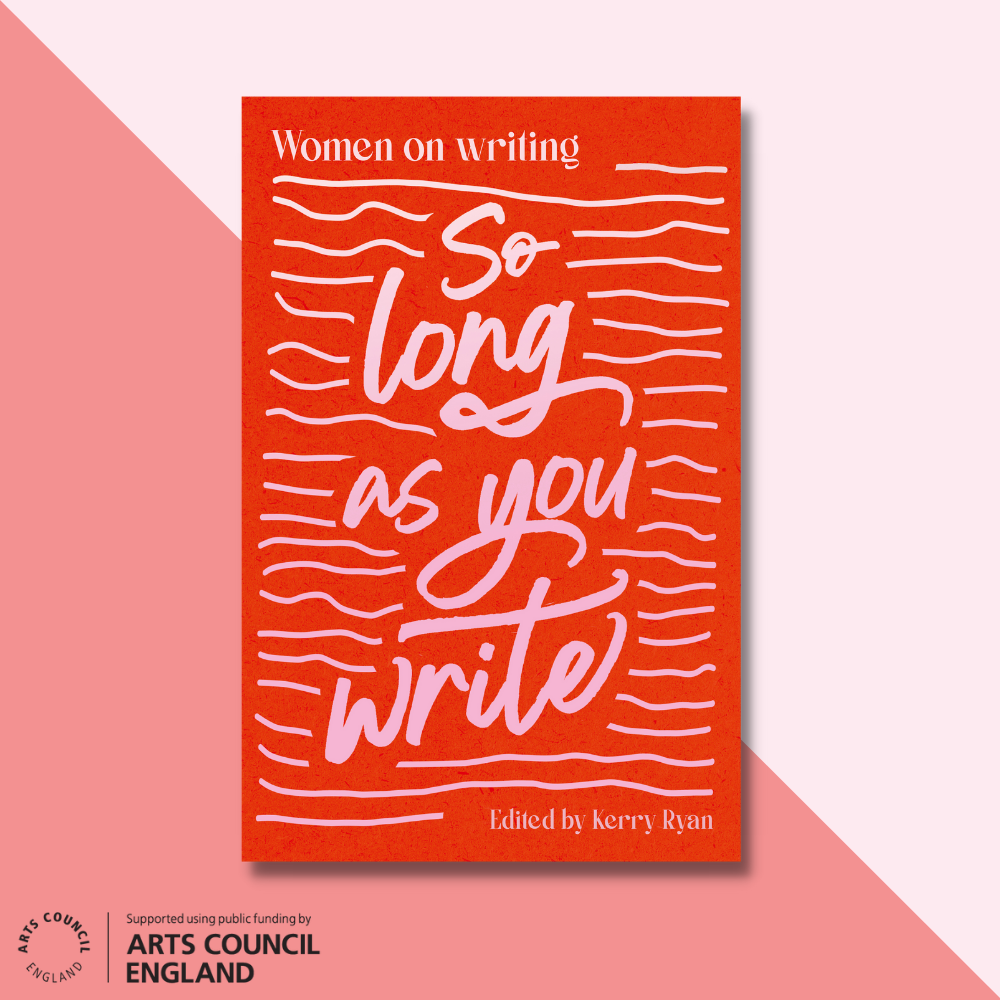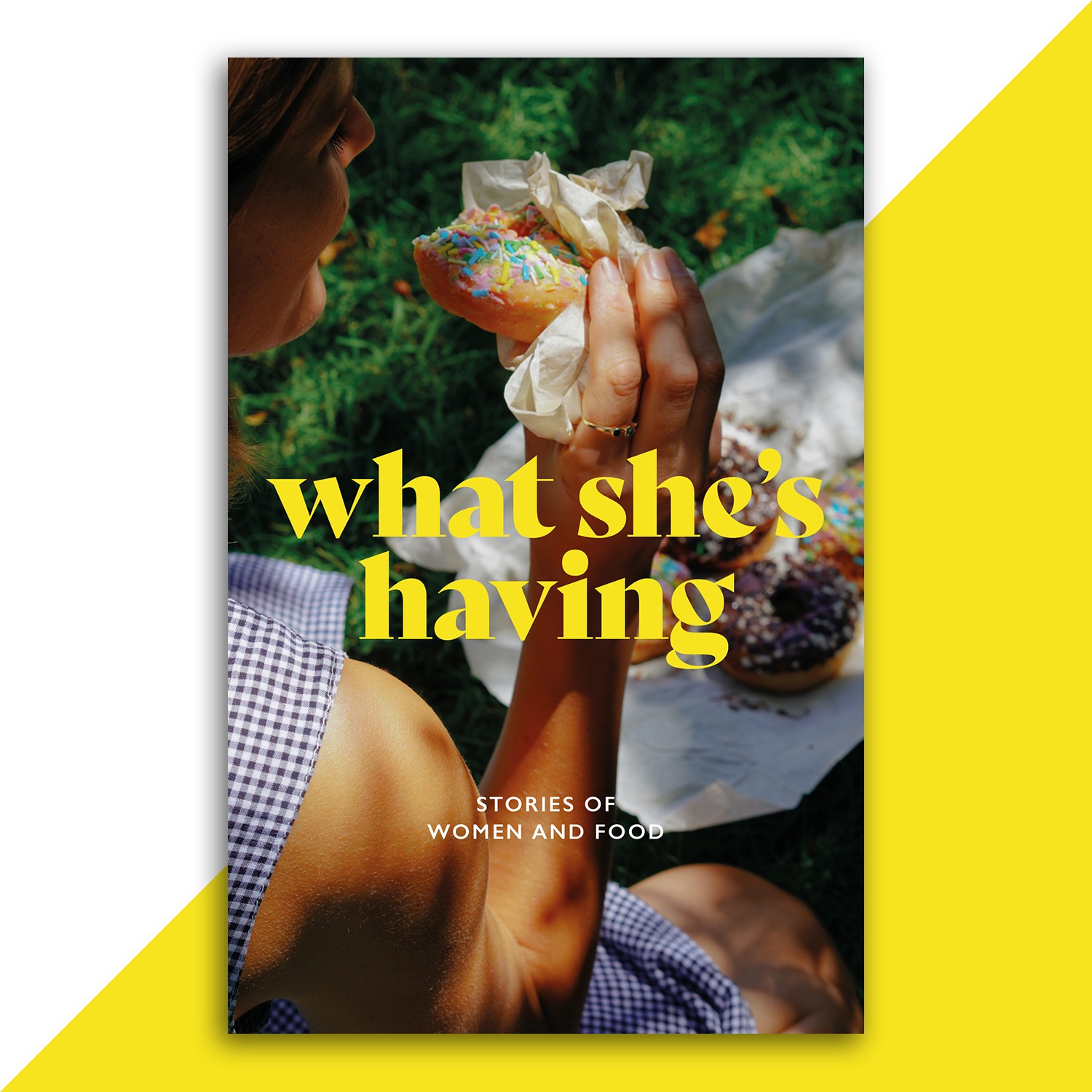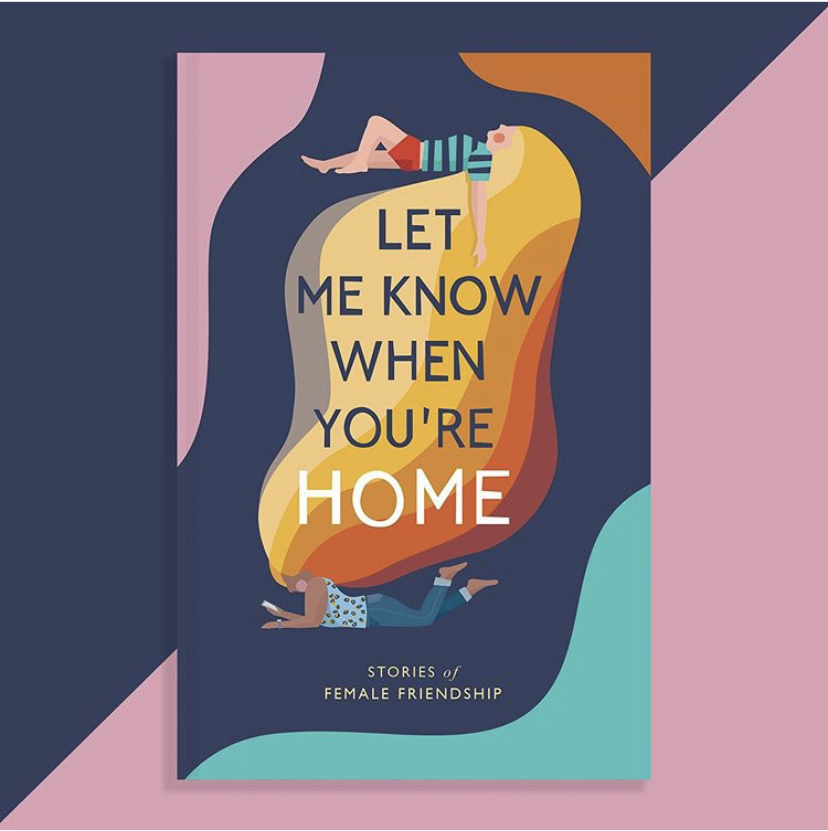Lessons in Cognitive Behaviour
by Bridie Wilkinson
Her name was Rachel. A good sign. I’d only ever known kindness from Rachels, and this one would be no exception.
We spent twelve hours together. One session a week in a small grey room on campus, carefully timed, sixty minutes dedicated to me.
Or, I should say, dedicated to me and to them. My problems. My woes. My tangles. My fraying ties and unraveled seams that I had let be picked and pulled until they fell apart. To my attempts to bind them together again.
It made me uncomfortable. I’m not inclined to monologues, my scripts sticking to offhand wit and stage directions. But I could barely follow prompts anymore.
I had been twisted beyond recognition, contorted to the point that I was no longer sleeping or eating. Instead, I had lodged myself in the space between when you miss a person and when you are terrified of them, terrified that they will come back into your life with the same bruising force that they had used to push you away. I was a jangling time bomb of contradictions, of wanting and of anger and of sadness and of numbness and I was tiring myself out just by existing.
“I had so many people I could have leaned on. So why did I still feel like I was falling?”
It wasn’t quite the mess that I had spilled out to the woman who had referred me to her, but it was still something bigger than me, something that I staggered through the door with the first time I met Rachel, something I was hesitant to drop at her feet.
I so nearly hadn’t come. I was ashamed that I needed to. I had family who loved me, and friends who cared about me. I had so many people I could have leaned on. So why did I still feel like I was falling?
My housemate made me do it. Found the leaflet, gave it to me in the kitchen. She had fallen down this hole before, she said. She knew the way out. I had already let myself down. I didn’t want to let her down too.
*
I wanted Rachel to tell me it wasn’t my fault. I wanted her to relieve me of the guilt that I had shackled to my chest, the one that kept me up at night with its rattling. I wanted her to take what had happened and make it disappear, to pull it behind a curtain and leave it in the grey room forever.
She didn’t do that.
Instead, she made me talk. A lot. She made me go on tangents and rambles until I was miles away from where I started. She’d follow me back to childhood as I held mirrors up to memories and turned on lights in darkened corners. She encouraged me to pull up passing comments and take them apart, separate them out and hang them between us. I took this journey, this long, two steps forward, five steps backwards, stubborn, tilted journey, while she sat, with a carefully placed tissue box and a small egg timer.
I started to see patterns. Started to recognise the echoes. Started to see the reflections in one story to the next. I started to understand myself just that little bit more. Not completely. But enough. Enough to make my way again, to start tying up the fraying parts, one strand at a time.
At the end of our final session, Rachel spoke to me for about five minutes. It was the most continuous talking she had done since the first time I had come through the door, when she had carefully spoken about what CBT was and what we were going to try to do together.
Those five minutes, I’ll keep to myself, if you don’t mind. The words she said are ones that I still think about when I need them, when I feel the tide rise and I need to stay afloat. Because that’s what therapy gave me, really. A way to keep my head above water, a way to breathe again.
It’s the kindest thing I’ve ever done for myself.
Bridie Wilkinson | @bridifer | Russian Novel
Co-founder of Dear Damsels, advocate for CBT, apparently.




